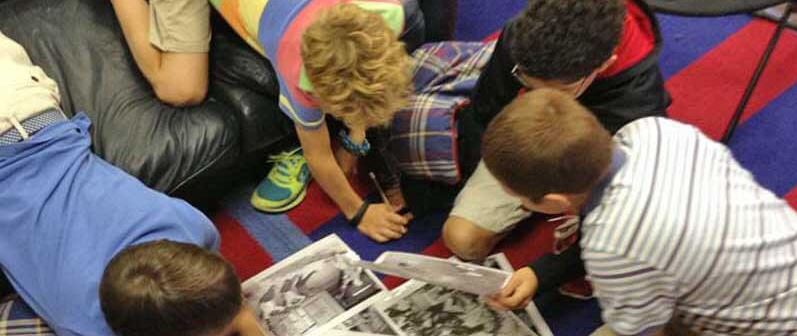Education is a fundamental aspect of human life. It is the process of acquiring knowledge, skills, values, and attitudes that enable individuals to lead a fulfilling life. However, the world is changing rapidly, and education must adapt to meet the changing needs of students. In this article, we will discuss the future of education and how it can prepare students for a rapidly changing world.
1. Technology in Education
Technology is transforming education. It provides new opportunities for learning and teaching, such as online courses, virtual reality, and gamification. However, to be transformative, educators need to have the knowledge and skills to take full advantage of technology-rich learning environments[1]. Therefore, it is essential to provide teachers with the necessary training and support to integrate technology into their teaching practices.
2. Diversifying Landscapes of Education and Skills
Learning is not bound by space and time. The future of education will be more diverse, flexible, and personalized. It will provide students with the opportunity to learn at their own pace and in their own way. The OECD Learning Framework 2030 encapsulates a complex concept: the mobilization of knowledge, skills, attitudes, and values through a process of lifelong learning[2]. Therefore, it is essential to provide students with a diverse range of learning opportunities that meet their individual needs and interests.
3. Lifelong Learning
Lifelong learning is becoming increasingly important in today’s rapidly changing world. The rise of automation and artificial intelligence is transforming the job market, and workers need to adapt to stay relevant. Therefore, education must provide students with the necessary skills and knowledge to succeed in a rapidly changing world. Most experts seem to have faith that rapid technological development and a rising wariness of coming impacts of the AI/robotics revolution are going to spur the public, private and governmental actions needed for education and training systems to be adapted to deliver more flexible, open, adaptable, resilient, certifiable, and useful lifelong learning[3].
4. 21st Century Skills
21st-century skills are essential for success in today’s world. These skills include critical thinking, problem-solving, creativity, communication, and collaboration[4]. To be college and career-ready today, student learning must go beyond mastery of core subjects and include 21st-century knowledge and skills. Therefore, it is essential to integrate these skills into the curriculum and provide students with opportunities to develop them.
In conclusion, Technology, diversifying landscapes of education and skills, lifelong learning, 21st-century skills, and social and emotional learning are all shaping the future of education. It is essential to provide students with the necessary skills and knowledge to succeed in a rapidly changing world. By doing so, we can create a better future for ourselves and future generations.
